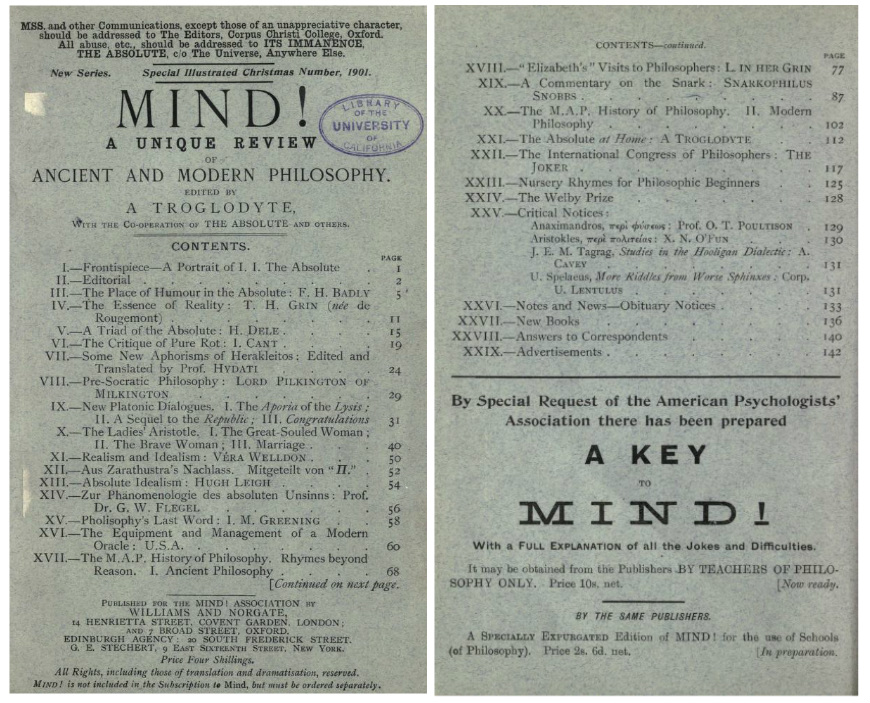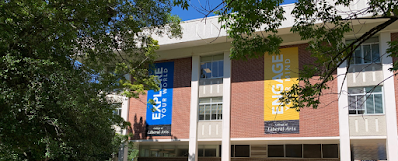Back from the chilly Windy City (#APACentral22), with a warm glow and an eagerness to hone my message and get it out there, or at least talk about it with my friends and peers (almost-coextensive sets) there again next year. I'll go back to the Palmer House ("the longest continually operating full-service hotel in the United States") every February from now 'til Doomsday if I can. I'm fired up. Ready to go.
My friend Myron, who was hired to succeed my friend Daryl at Western Carolina and seems to be everybody's friend, makes it worth the trip all by himself. I've never met a more gregarious, light-spreading, room-cheering philosopher. Everyone's brother, in the Cornel West mode. He chaired the SAAP session and, as so often at these affairs, was the last person I greeted in the lobby on my way out the door. He's a platonic role model for the dour Eeyorish-types (nod to Rorty, whose larger message--in spite of himself--I now see as one of happiness and hope and meliorism) that predominate in our profession.
So what is my message? This morning I'll put it this way: words and talk can be great, they're our most promising tool of amelioration if we learn to deploy them in a consistently judicious and honest way, less to "explain" and more to explore and connect.
But an over-emphasis and over-reliance on words and talk, to the exclusion of a larger nourishing connection to nature and experience (which meliorists must not throw out with the soiled bathwater of an uncircumspect empiricism), can be ruinous. As one of my slides put it, responding to Rorty's statement that "a merely causal, not rational, linkage between thinking and independent reality will do, as an interpretation of the idea that empirical content requires friction against something external to thinking":
We peripatetic melioristic radical empiricists suspect a large chunk of the history of western philosophy, the chunk eager to think without "friction," is a result of philosophers’ unhealthy sedentary ways. They need to get out more, to move about in what William James called the open air and possibilities inherent in nature. They’ll not then be so tempted to doubt in philosophy what they do not doubt in their hearts or on their feet.Go For a Brisk Walkby Gene Guntzel
Go for a brisk walk every day
Either around dawn or sunset
And you may run into Chopin or Monet,
Charlotte Bronte or a mysterious brunette
Who turns out to be Maria Callas.
Bessie Smith, Jack Benny, you never knew,
The Duke of Earl slipping away from the palace,
Kafka and his fiancée strolling in the snow.
Melville whose book you meant to read,
Cornelius Vanderbilt, Princess Diana, Van Gogh,
Out walking, despite all they’ve been through.
“To comprehend a nectar requires sorest need,”
Said Emily Dickinson. (She’s here, too.)
Life is hard. Oh Lord, the miseries we bear
And yet it’s good to get out in the open air. WA
We encounter plenty of words and talk, out walking, but we also encounter the ground beneath our feet and the sky overhead. We encounter gravity and friction. We gain insight. We regain perspective. We get hopeful and happy.













